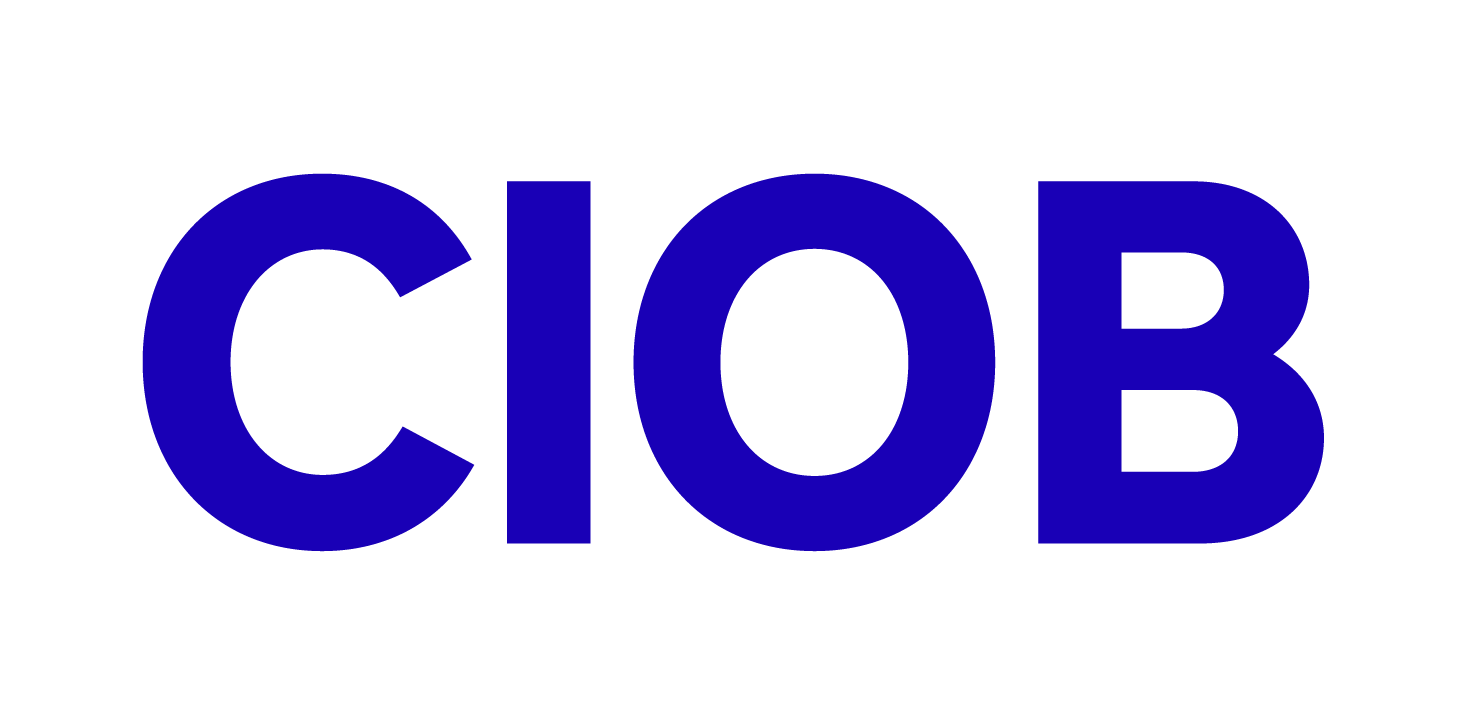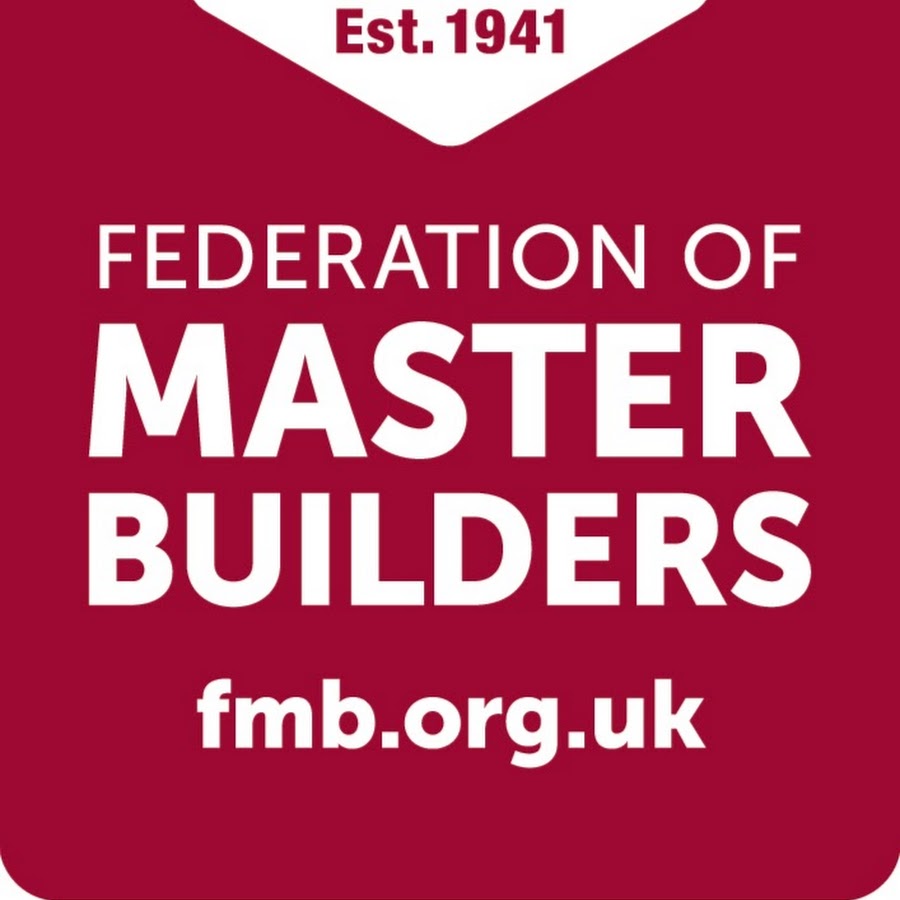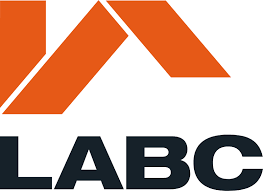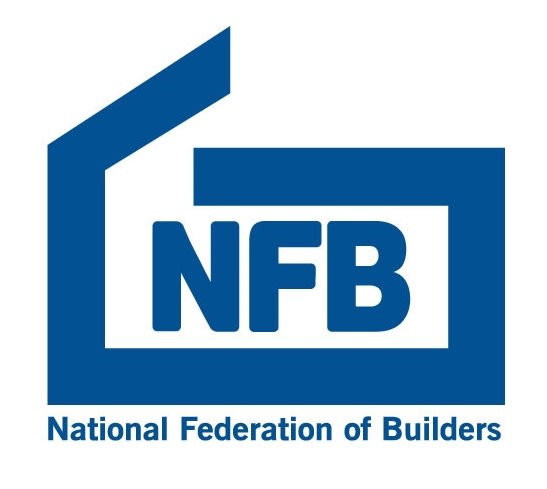Two of the most influential construction procurement bodies Crown Commercial Service and SCAPE have adopted the Building a Safer Future (BSF) initiative and are embedding it within their frameworks.
Demonstrating clear sectoral leadership and taking proactive steps and action ahead of regulation, the procurement organisations will use their influence to drive change through their UK wide partner and supply chain networks.
The adoption of BSF will support the construction industry to address critical areas of challenge in relation to building safety – particularly focussed on driving a step change in culture and leadership.
Crown Commercial Service and SCAPE will include both ‘BSF Champion’ status and ‘Registered Signatory’ status as requirements at different levels within their procurement frameworks and, working with BSF, will collaborate to encourage industry-wide adoption of this important initiative.
The BSF Charter was created to drive culture change in the built environment to help ensure that buildings are safe for those living and working in them and to protect life by putting safety first, ahead of all other building priorities. It is focussed on driving up standards, changing culture and behaviours and raising the bar in relation to building safety from design through to management and maintenance.
Construction companies can engage through becoming:
- A BSF Signatory – publicly and proactively supporting five pledges that demonstrate a commitment to protecting life by putting safety first, ahead of all other building priorities.
- A BSF Champion – through robust self-assessment, benchmarking and independent. verification, BSF helps companies identify potential issues and, in turn, develop continuous improvement plans to advance their overall approach and performance on leadership and culture in relation to building safety and drive up standards across the sector.
Crown Commercial Service is an executive agency of the Cabinet Office and the UK’s largest public procurement organisation. They offer the largest construction frameworks in the country, driving industry change in support of the Government’s construction strategy
SCAPE is one of the UK’s leading public sector procurement authorities, dedicated to creating spaces and places that leave a sustainable legacy within the community. The SCAPE group of companies also includes Arc Partnership, an innovative joint venture between SCAPE and Nottinghamshire County Council and Lungfish Architects. Each of the companies within SCAPE have committed to adopting the principles contained within the BSF Charter and to participating themselves in the BSF Champions programme where this is applicable.
Amanda Long, Chief Executive, Building a Safer Future, said: “I am delighted that two major procurement frameworks, Crown Commercial Service and SCAPE have chosen to adopt Building a Safer Future as a critical lever of change. This trailblazing development will further support the construction industry to take the critical steps to put building safety first, and recognise those that do so. I encourage other procurement frameworks to follow their lead.”
The Constructing Excellence Awards are back for 2022 to recognise the very best of the construction and built environment across the East and West Midlands. We officially open the CE Midlands Awards this Wednesday the 8th December.
Open to all organisations and project teams, they celebrate those involved in delivering building and civil engineering projects in the region.
The awards are a clear demonstration of the core strength of construction in the Midlands and highlights the industry professionals’ commitment to deliver buildings, housing, infrastructure and facilities of all kinds in a collaborative and sustainable manner.
Andrew Carpenter, CEO of Constructing Excellence Midlands, said: “Being recognised by your peers for excellence in construction brings enormous benefits to your business. It not only helps to attract new clients but it also cements existing relationships and raises staff morale.
“We welcome entries from developers, clients, contractors, engineers, consultants and members of the design team. If the project contributes to the Midlands built environment, we want to celebrate it as an example of best practice.
“This year is key for the construction sector as it navigates many challenges. Working collaboratively across the industry will be essential to tackle the issues, like building safety and the net zero targets, head on, and our awards are a great way to showcase how our region is already paving the way for the future.”
Companies who are interested in applying have until Friday 11th Feb 2022 for the West Mids awards and Friday 11 March 2022 for the East Mids Awards .
To find out more information about the 16 categories and how to enter visit:
WEST MIDLANDS AWARDS https://www.cemidlands.org/about-the-awards-west/
EAST MIDLANDS AWARDS https://www.cemidlands.org/about-the-awards-east/
COP26 reaffirmed the need to combat climate change and our CEO neatly encapsulated the challenge we in the built environment face: “[We] are responsible for a shocking 40% of global carbon emissions – and that means when it comes to achieving a net zero future, building matters. The sector has an urgent responsibility to reduce its carbon footprint.”
This will require innovation at scale and pace. This month Martyn Jones explores the role of trust in crafting the innovativeness that is needed to play out part in achieving net-zero.
By definition, innovation is about doing something new and different. It involves exploring unknown territory. On beginning the journey, we are not entirely sure of the final destination. There is no certainty, little transparency and therefore considerable risk.
Trust is needed if people are to work together, take risks and be comfortable with not knowing the exact outcome. And the more radical the innovation the greater the possible reward, but also the greater the risk. Innovation at scale requires a high tolerance of uncertainty and potential loss, and it is trust that carries people through.
But trust is very complex, not clearly defined and interpreted differently by the literature. It is commonly associated with the confidence that a partner will deliver the required mutually beneficial behaviour and desired outcomes.
Our experience of adopting Supply Chain Management in construction over the past 20 years or so has demonstrated that trust needs to be painstakingly developed beyond the basic ‘contractual trust’ and developing into ‘competence trust’, as partners demonstrate their accomplishments over time. ‘Goodwill trust’ emerges where partners driven by mutual benefits do more than expected, going beyond predictability and reliability and surpassing past achievements.
What distinguishes ‘goodwill trust’ from ‘contractual trust’ is the expectation in the former that the partners commit to taking initiatives to exploit new opportunities over and above what was explicitly promised. The key difference here is that a partner is not only looking after their own interests but is also seeking to offer their partner a competitive advantage too. If both partners do the same then the combined efforts of both will lead to better outcomes and build mutual competitive advantage.
When asking people, as we are now, to go through a major transformation, trust is vital. Given the current imperatives to combat climate change we need to go beyond ‘goodwill trust’ to ‘goodwill trust +’, or ‘co-creation trust’, to unleash the radical innovation that is now needed. As we did back in the 1990s, when clients and suppliers took a leap in trust to adopt the new technologies and ways of working associated with the ICT revolution, we need to take that leap now. But alongside that we also learnt how difficult it is to change and to place faith in each other.
So how do we get people and organisations to take the leap of faith that is needed to repair the planet? Leaders entering a joint innovation partnership with existing long-term partners may well already have the required levels of ‘goodwill trust’ in place to support the co-creativity and innovation that is needed.
But, the current nature and scale of the changes we face means that we will need to forge relationships with new partners, and quite possibly with those who are currently to be found outside construction. This means we may need to remind ourselves of the keys to building creative partnerships:
- Patience: Despite the current imperative for fast and radical change, we need to be patient. We know now not to expect too much too soon from new partners, new relationships and new teams. It takes time for trust and the consequent openness and collaborative behaviour that generates new ideas and mutual benefit to develop.
- Support: Newly formed teams involved in a joint innovation project will need help to build trust early in the process. This may involve revisiting trust-building activities that have proved effective in the past.
- Nurturing and monitoring: The level of mutual trust during innovation projects needs to be nurtured and monitored. Too often, leaders pay insufficient attention to trust with it being left to develop, or degrade, haphazardly. Proper monitoring should include a clear warning system of lapses in relationships and trust.
- Constructive criticism: Ensure that there is an appropriate level of healthy criticism within the team. If too much trust develops, it might be necessary to remind the team of its objectives and priorities. Here again, careful monitoring can alert leaders to an excessive build-up of cosy relationships and groupthink.
We must not forget that change is not just about technology. We are dealing with an innately human process and there are some key human traits that we need to be aware of when it comes to building trust, especially on this scale.
Of course, there must be technical competence, experience, perceptiveness, and judgement in the partnership but beyond those we also need benevolence: How much partners care. And, empathy: How much understanding they have for each other’s needs and the situation? And then there’s integrity: Whether the partners’ intentions are aligned.
The Construction Leadership Council (CLC) is leading the sector’s response to the Net Zero challenge, through the Construct Zerochange programme. Building on the success of the sector’s collaborations during COVID, the CLC has engaged the industry to start to develop the Performance Framework, which sets out how the sector will commit to, and measure it’s progress towards, Net Zero.
What is the Performance Framework?
The Performance Framework has been developed to provide the CLC with a sector level dashboard on our progress towards Net Zero aimed at motivating businesses to action and to help those outside the sectorunderstand our progress. We intend to collate data for the dashboard on a quarterly basis albeit not every metric will be available quarterly. The data itself will be drawn from sources which already aggregate it, known as data point owners.
The Performance Framework is very closely aligned with Government policy and draws on emerging thinking on carbon measurement and assessment, as such it will evolve over time and we will no doubt update and improve the metrics. The current metrics and performance published today is a starting point so we can review, test and refine. The framework is being published this quarter to provide early sight of the metrics available to enable the industry to comment. It will take multiple quarters before all metrics are available and longer to refine, to make this as effective as it can be for the industry, but we are keen to publish this version early for comment and reviews.
CLICK HERE to see the full November 2021 Report
Business Champions Interview Questions
The questions have been developed as a structured interview to capture the approach and commitment of businesses across the sector to achieving Net Zero by 2050 in line with the Construct Zero priorities. The interview can be captured in writing or filmed
Please CLICK HERE to download the interview questions if you would like to get invloved and help provide data for the CZ Performance Framework
Hosted by Fred Mills, The B1M is the world’s largest, most subscribed-to video channel for construction.
Do take a look at this video on their YouTube channel. The completion of the first-ever 3D-printed home to be fully certified under a national government’s building regulations is a huge moment – both for construction and for the buildings we all use everyday.
Fred Mills spoke to the expert team at PERI’s Disruptive Products and Technologies department to see how it was done. Watch now on YouTube
BIM4Housing has been supporting the L&Q/DLUCH Golden Thread Initiative to help advise what information should be collected and how buildings can be safer.
We tapped into the sterling efforts of the Fire Safety Workstream and the first tranche of Roundtables conducted by Will and Scott at the tail-end of last year and have run 12 Roundtable workshops covering:
· Fire Doors
· Cavity Barriers
· AOVs
· Fire Dampers and Fire Stopping assets
· Emergency Lighting, Fire Signage
· Alarms & Detection for Fire, Smoke, Heat and Gas
· Sprinkler Systems and Dry & Wet risers
· Dry lining/Partitioning
It has taken a lot of effort from all concerned, but we are now ready to present the outputs from the BIM4Housing Round Tables to the BIM4Housing Working Groups – who set the whole train in motion in the first place.
Context is important in understanding how this information can be used by different stakeholders for different purposes so we will hold individual 90 min workshops with each Group. This will give us the opportunity to decide how we might best apply what we have learned.
Many of you will be interested in more than one stakeholder group so we are running them on separate days to allow you to attend more than one. These will be on Teams so we need to manage the numbers – and if the demand for “seats” if too high, we can split that in two.
Therefore, we would ask that you use the Forms link below to tell us which you would like to attend.
Moving forward, we are looking to hold working Group meetings every 2 months, on the following dates. These will define topics and issues to feed through to our Workstreams.

George Stevenson
Chairman www.bim4housing.com

It has been another eventful year and the Christmas period will I hope bring a well deserved break for all of us to prepare for the New Year ahead. It is great to see CE Midlands returning to “normal working” with our awards, leadership dinners and events taking centre stage again this year. Indeed construction as a whole has played a key role in our post pandemic recovery. I would like to go on record and say a big thank you to the Board, our Clubs and Hubs, our members, sponsors and the army of people whose extra ordinary efforts helped make the events such a success.
As we turn to 2022, supply issues and safety related legislation changes could cause some wobbles as we bounce back as a region with increasing construction activity levels. We will continue to support our members and managers understand and mitigate these challenges. I also look forward to next year as we create more opportunities and knowledge for our members to enable greener, smarter and safer construction in the West and East Midlands.
















